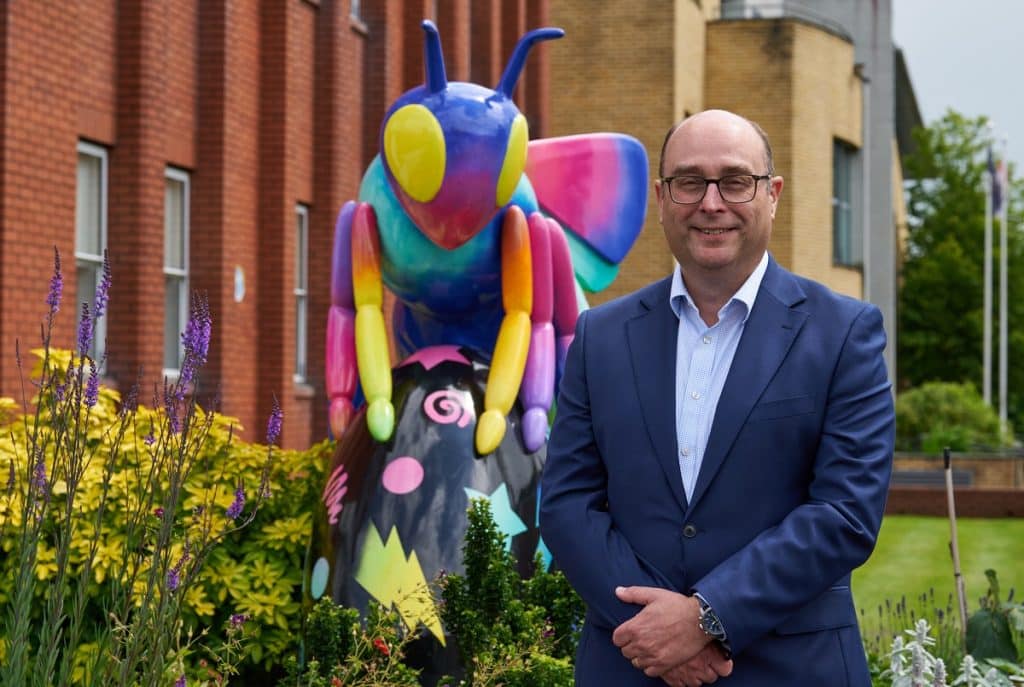
What’s the deal with employee ownership?
Top 200 firm Myerson has become the latest — and first in Greater Manchester — to transition to 100% employee ownership. CEO Carl Newton argues many more than the 20 that have so far made the move ought to consider it as a viable succession-planning strategy
Our firm was founded 42 years ago by Neil Myerson. Since then, we’ve expanded and developed the business with the help of many talented people, growing into the firm we are today — employing more than 150 people and generating revenue of £17.5m. Becoming 100% employee-owned is a milestone in Myerson’s history and something that personally makes me very proud.
The firm is now 100% owned by its employees through an Employee Ownership Trust (EOT). We have appointed a new board of trustees who are tasked with ensuring the organisation is managed in the best interests of all our employees. Our existing management board will continue to oversee Myerson’s operations and strategy — there’s no change in the day-to-day running of our firm, and the high-quality service we provide to our clients remains the same.
Growth and cultural goals
As a successful mid-tier firm, we knew we were an acquisition target, and I must say that we’ve had a few interesting offers over the years. However, being absorbed by private equity or larger national firms was not something we wanted. Although none of the equity partners were at the age of retiring, we knew we had to carefully consider the best succession path for Myerson.
We also wanted to ensure we had the right framework in place to support Myerson’s continued annual growth rate of 15% over the next five to 10 years. We realised the traditional partnership model was not the structure that would enable that growth.
Our new employee engagement committee is tasked with safeguarding the firm’s culture and upholding Myerson as a great place to work. It also allows us to share our financial success with all employees, regardless of their role within the firm
Ultimately, employee ownership through an EOT was a natural step for us. This structure secures our long-term independence and stability, while protecting the people-first culture that has been a pillar of our success. Unlike many firms that prioritise high individual targets, disproportionately reward partners, and encourage overwork and an ultra-competitive atmosphere, we have always championed employee wellbeing and realistic team-based goals, which aligns with the values of employee ownership.
The EOT structure also naturally empowers our people. For example, our new employee engagement committee is tasked with safeguarding the firm’s culture and upholding Myerson as a great place to work. It also allows us to share our financial success with all employees, regardless of their role within the firm. Everyone understands that their hard work directly contributes to the business’s success and will be rewarded accordingly.
There are also tax benefits to consider — our employees can now be entitled to an annual tax-free bonus of up to £3,600, and the partners who disposed of their shares to the Myerson EOT are exempt from capital gains tax.
The legal work for this project has been led internally by our corporate partners Terry Moore and Akeel Latif.
We want to inspire other law firms to consider employee ownership as a succession option. Since our announcement, we have already received enquiries from firm owners interested in exploring the idea and I believe the model will continue to gain traction and popularity within our sector.



